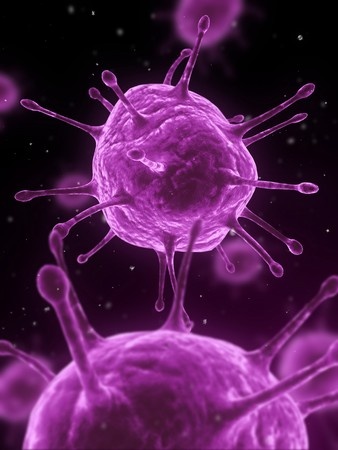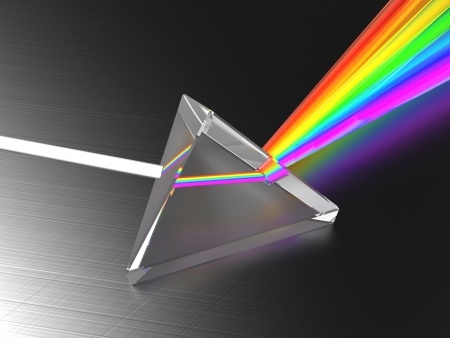Acupuncture reduces excessive crying in colicky babies; new moth named after Trump; fungus – king of the forest; graphene’s ability to superconduct; Foremost, Alberta a drone hotspot; Trump’s Cabinet and science; Earth breaks heat record – just a few of the themes in today’s eclectic collection of SciNews. Share these stories with your students and get them excited about science.
SciNews is published twice weekly. Stay tuned for more.
 Biology
Biology
Acupuncture may alleviate babies’ excessive crying (infantile colic), study suggests. Science Daily
Needling twice weekly for 2 weeks reduced crying time significantly
Acupuncture may be an effective treatment option for babies with infantile colic — those who cry for more than three hours a day on three or more days of the week, new research suggests. Read more…
New species of moth named after Donald Trump. CBC
Donald Trump’s name won’t just go down in history as the 45th president of the United States. He’ll be forever remembered in taxonomy, as the namesake of a newly discovered species of moth. Read more…
Scientists identify the real king of the forest: fungus. Globe and Mail
To a casual hiker, one bit of North American forest may seem like any other. But look more closely and a mysterious patchwork of diversity emerges. Some stands of forest are clearly dominated by a single kind of tree. Others are a diverse mix of species. Read more…
Chemistry

Graphene’s sleeping superconductivity awakens. Science Daily
The intrinsic ability of graphene to superconduct (or carry an electrical current with no resistance) has been activated for the first time. This further widens the potential of graphene as a material that could be used in fields such as energy storage, high-speed computing, and molecular electronics. Read more…
Physics
How a small southern Alberta town became a drone hotspot. CBC
If you have drones dropping off your mail in the future, you will have a small town in southern Alberta to thank.
The village of Foremost just became the only place in Canada where companies can test drones at great heights — and great sights. Read more…
What Trump’s nominees are saying today about science and climate at their Senate hearings. Science Mag
This is the second week of U.S. Senate hearings on President-elect Donald Trump’s nominees to his Cabinet. Most, if not all, of the nominees are expected to win confirmation, which requires just 51 votes. ScienceInsider is keeping a watch to see whether scientific issues—such as climate change—get much discussion, and what kind of reaction any comments draw. Read more…
Earth and Space Science
For three years in a row, Earth breaks heat record. ScienceNews
For the third year running, Earth’s thermostat broke a new record: 2016 was the warmest year since record-keeping began in 1880. Read more…



